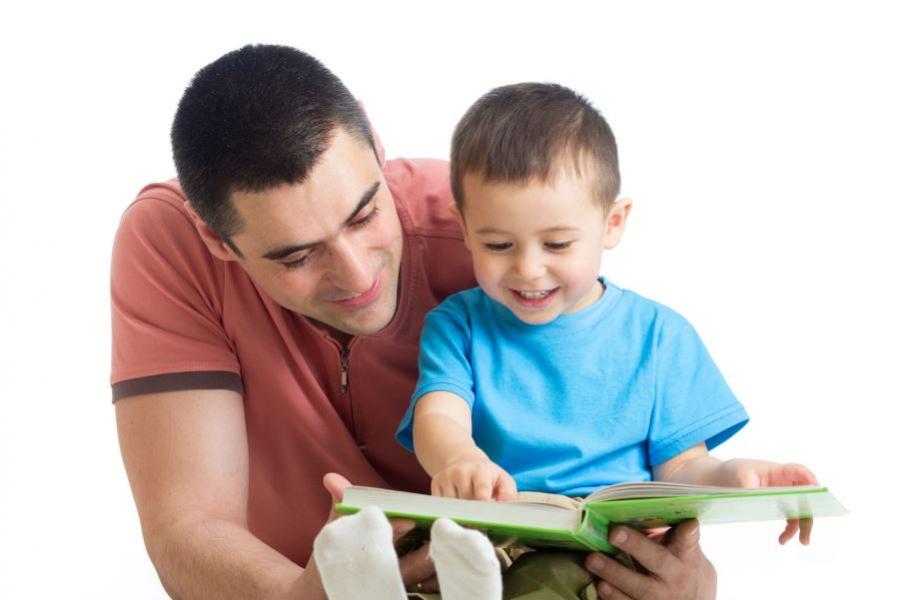Speech & Language
Communication is the way we connect and interact with people. It is part of our identity and culture. It helps us to learn, interact with others and to make friends. In this section you'll find information about typical communication development in young children and ideas for supporting them (in the 'tips' section of each page). You'll also find suggestions about what to do if you are worried about your child's communication development.

Copyright: oksun70 / 123RF Stock Photo